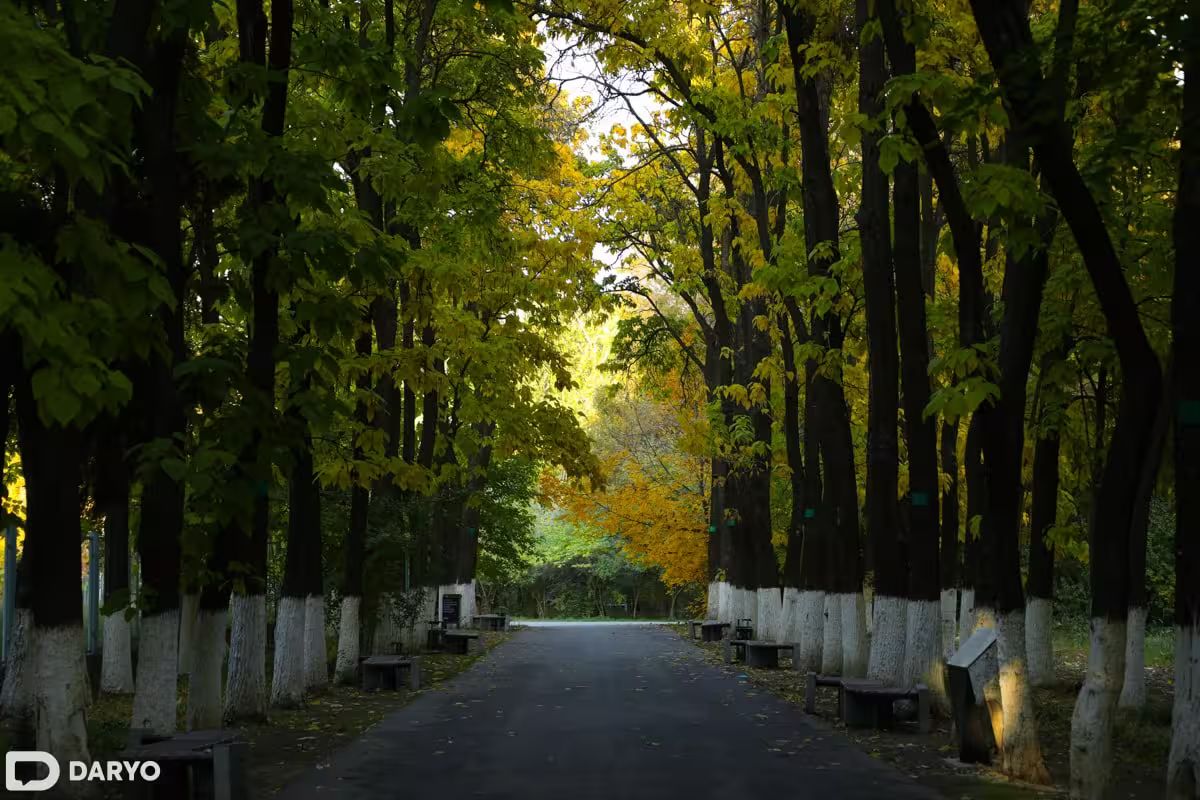During a meeting focused on the construction sector on July 17, entrepreneur Murod Nazarov proposed lifting restrictions on tree felling for construction projects in Tashkent.
As a solution, the businessman suggested obligating construction companies to plant new trees in place of those removed.
“Let each construction company, or a third party if necessary, work on creating a ‘tree bank.’ For example, we know in advance roughly how many construction projects we will have next year or in a year. We can also calculate how many trees may need to be cut down. So let’s plant new trees in advance. If tomorrow a certain number of trees need to be cut down, let their diameter and characteristics be determined in advance. If necessary, let third parties handle this. Because if a company hasn’t planted trees in advance, let them buy them from third parties. In the end, planting trees will be seen as an investment,” the entrepreneur proposed.
Deputy and member of the Ecological Party, Javlon Abdullayev, responded to this proposal.
He emphasized that the moratorium on tree felling was introduced for a reason. Otherwise, he stated, Uzbekistan would be on the verge of an ecological catastrophe today.
According to the deputy, in the context of water scarcity and global warming, the value of each tree increases. Mature trees perform important ecological functions: producing oxygen, purifying the air, reducing noise levels, and preventing soil erosion. Despite isolated cases of illegal logging, the moratorium has helped save over 98% of trees.
It is noted that in the first half of 2025, 3,235 applications for tree felling were rejected, resulting in the saving of 453,238 trees, of which 86,309 are valuable species.
It is also reported that most seedlings transplanted under the pretext of moving them to a new location, or new seedlings, dry out. Therefore, such a practice is harmful, not beneficial, to the environment.
“This approach contradicts not only the ecological balance but also the principles of environmental protection enshrined in the legislation of Uzbekistan. If everyone starts perceiving a tree as an obstacle on their territory and replaces it with ‘alternative planting,’ this will be a direct encroachment on nature, that is, an environmental crime,” Javlon Abdullayev emphasized.
Referring to the experience of developed countries, the deputy noted that it is time for Uzbekistan to rigorously combat illegal logging and introduce effective mechanisms into legislation.
“We, the deputies of the Ecological Party, are categorically against the ruthless attitude of entrepreneurs towards nature and such proposals. Such ill-considered initiatives may in the future lead to an indifferent attitude towards the environment and create a threat to ecological sustainability. We emphasize: any development, construction, and reconstruction should be carried out not at the expense of ecology, but in harmony with it,” the statement said.
Javlon Abdullayev stated that the Ecological Party will seek to legally secure the location of trees and shrubs falling under the moratorium as objects that cannot be harmed during the implementation of renovation projects.
For reference, 500,000 trees produce approximately 50–60 thousand tons of oxygen per year. This amount is sufficient for the annual respiration of 70–80 thousand people.

